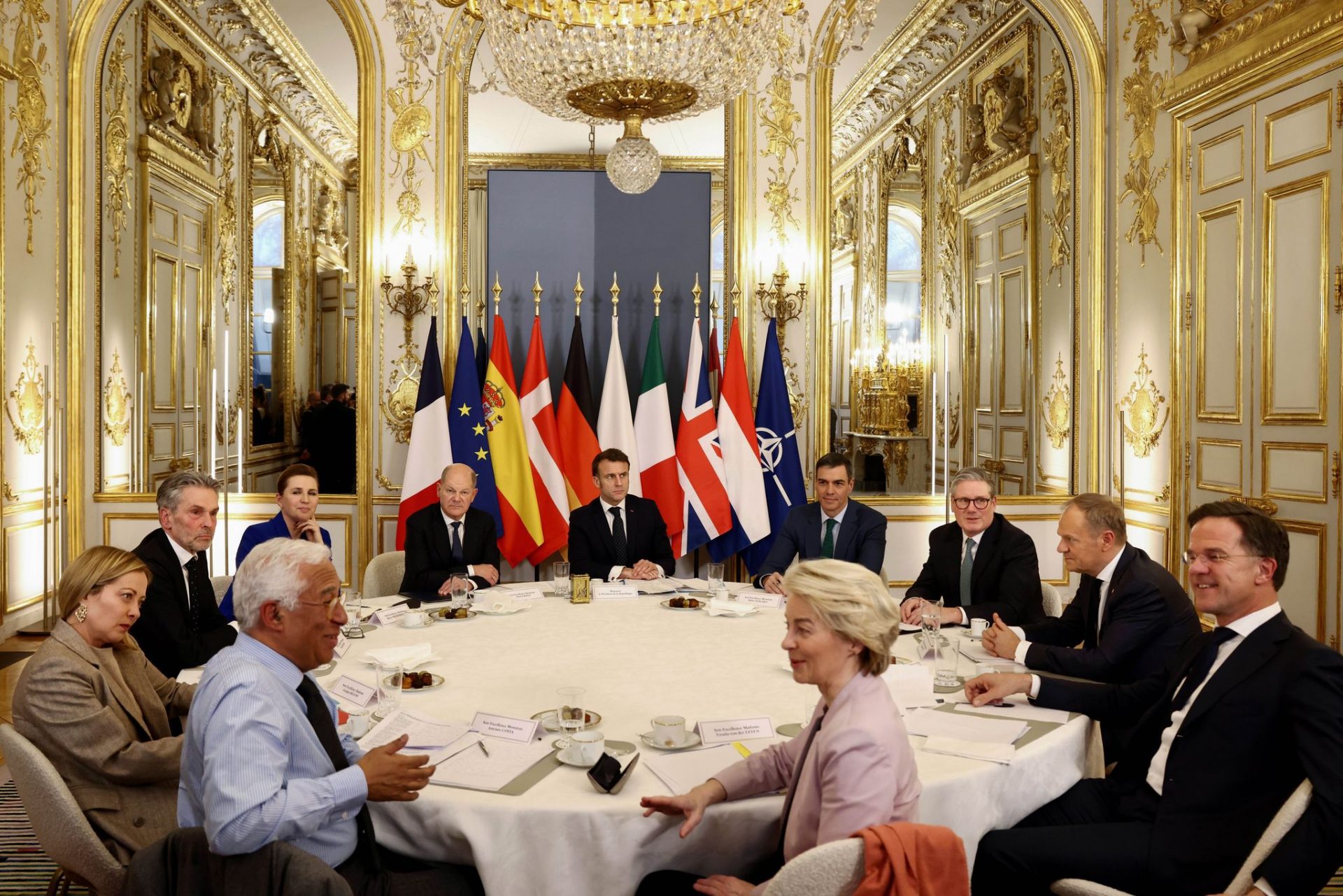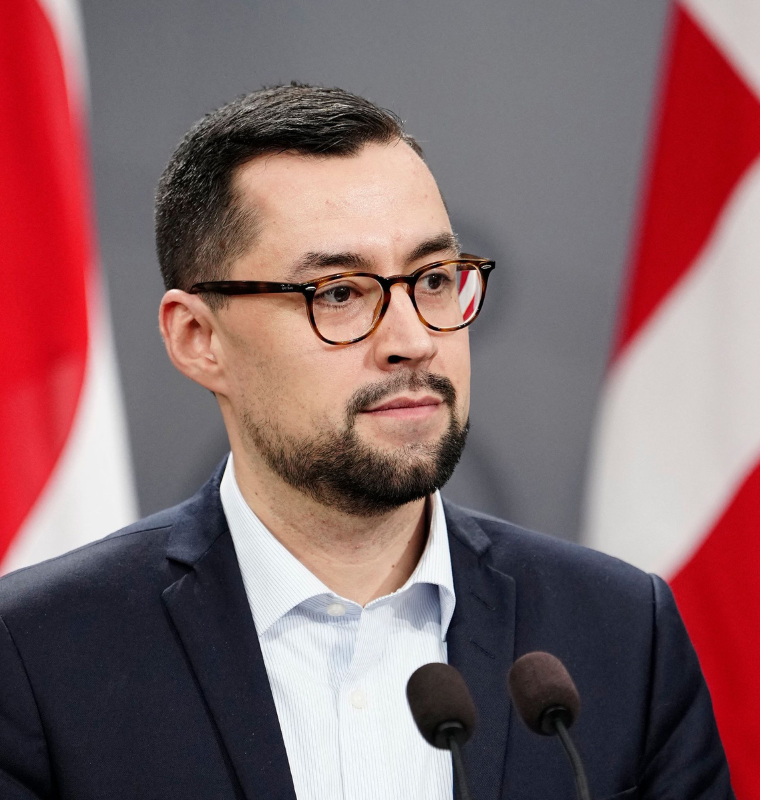Trump’s Uneasy Ties With the EU May Be Thawing — Thanks to Russia’s War in Ukraine
Trump’s Uneasy Ties With the EU May Be Thawing — Thanks to Russia’s War in Ukraine
By
Calder Monroe
Last updated:
October 24, 2025
First Published:
November 30, 2025

Photo: European Newsroom
Relations between the United States and the European Union have been tense for much of the year, marked by disputes over trade tariffs, regulatory policies, and differing approaches to Ukraine’s defense. But as Russia’s war drags on with no sign of compromise, a surprising development is taking shape: Washington and Brussels are beginning to align more closely than at any point in recent years.
A United Front on Sanctions
This week, the U.S. and EU unveiled coordinated sanctions packages targeting Russia’s key revenue sources — oil, gas, and financial services. The U.S. Treasury sanctioned major energy producers Rosneft and Lukoil, while the EU approved its 19th round of sanctions, which include bans on Russian liquefied natural gas (LNG) imports and fresh measures against Moscow’s military-industrial complex.
According to Andrew Puzder, the U.S. Ambassador to the European Union, this near-simultaneous move signals a renewed transatlantic alignment. “President Trump has been clear that he wants to see this war end. But when negotiations stall, we need to increase the pressure,” Puzder told CNBC. “These steps show we’re ready to step it up — and hopefully, Putin gets the message.”
From Friction to Cooperation
It’s an unexpected shift. Early in his presidency, Donald Trump repeatedly accused the EU of exploiting the U.S. through unfair trade practices. Speaking at the World Economic Forum in Davos, he argued that the EU “treats America very unfairly,” citing Europe’s consistent trade surplus in goods.
In 2024, total trade between the U.S. and EU reached €1.68 trillion ($1.97 trillion). While the EU enjoyed a surplus in goods, it ran a deficit in services, leaving a net overall surplus of around €50 billion. Trump responded by imposing a 30% tariff on EU imports, later reducing it to 15% under a new trade framework reached in July.
Despite the initial friction, that deal also opened new channels for cooperation. The EU agreed to purchase $750 billion in U.S. energy exports and invest $600 billion into U.S. industries over the next few years — part of a broader effort to balance the transatlantic trade relationship.
Ukraine War: The Unexpected Catalyst
Ironically, Russia’s ongoing invasion of Ukraine has become the very issue bridging the divide. Faced with Moscow’s aggression and refusal to negotiate, both sides now recognize the strategic necessity of acting together.
“Trump didn’t start off as a fan of the EU,” one Brussels-based analyst noted, “but Russia’s actions have made clear that the U.S. and Europe are stronger when they coordinate — economically and militarily.”
The U.S.-EU sanctions alignment marks the strongest display of unity since the war began. Both sides have also pledged to increase energy independence from Russian supply lines, diversify trade routes, and strengthen defense cooperation through NATO and bilateral agreements.
Trump’s Shift on Moscow
Trump’s stance toward Russia has also evolved. Just last week, concerns mounted when he appeared to echo Moscow’s position, suggesting Ukraine should cede occupied territory in exchange for peace. However, by midweek, he reversed course, announcing he had canceled a planned summit with Vladimir Putin in Hungary.
“I’ve seen that talks with Putin don’t go anywhere,” Trump said, signaling a harder stance against Moscow. The move, coupled with the latest sanctions, was met with silence from the Kremlin but relief among U.S. allies.
Growing Alignment Beyond Ukraine
Ambassador Puzder emphasized that Washington and Brussels are also finding common ground on broader geopolitical challenges, including China’s trade practices, global supply chain resilience, and migration policy.
“I think we’re moving closer together,” Puzder said. “We may not always agree, but our motives are aligned — stability, security, and fairness.” He also praised European Commission President Ursula von der Leyen, calling the recently negotiated trade framework “better than any deal negotiated with any other country.”
Looking Ahead
As the new trade deal begins to take effect, transatlantic relations appear to be entering a new chapter — one defined less by confrontation and more by strategic interdependence.
Puzder concluded optimistically: “As we finalize the agreement, I believe it will strengthen the transatlantic partnership that has endured for 250 years. Together, we’re proving that shared values still matter in a fragmented world.”
In the end, it may be Russia’s aggression — not diplomacy alone — that finally solidifies the U.S.-EU alliance Trump once doubted.
Popular articles
Subscribe to unlock premium content
Snow, Silence, and Splendor

The $60 Million Market for Ultra-Exclusive Executive Pop-Up Experiences

Conquering the Poles in Absolute Luxury

Snow, Silence, and Splendor

The $60 Million Market for Ultra-Exclusive Executive Pop-Up Experiences

Snow, Silence, and Splendor









